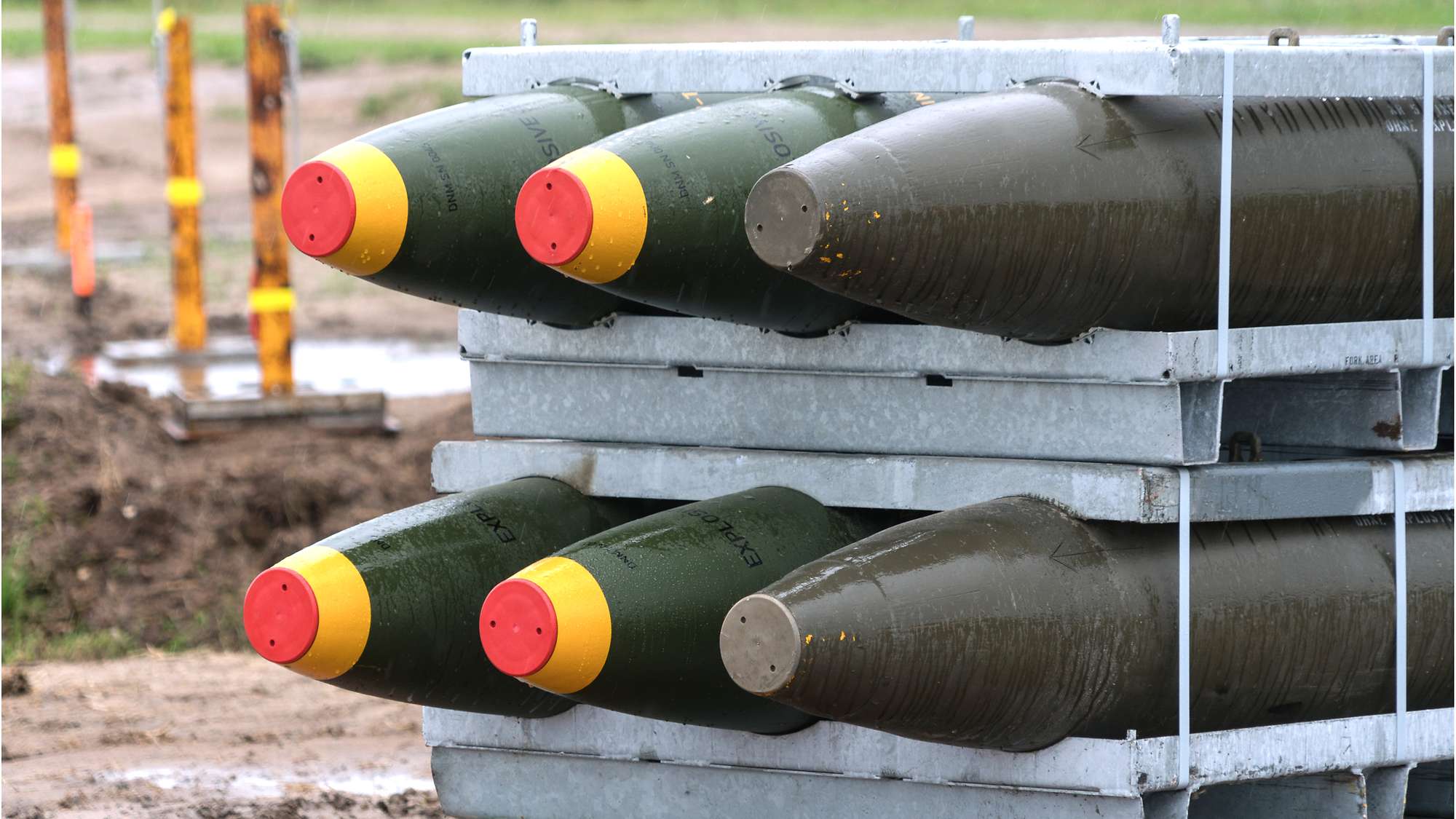Germany's new budget plans see defence spending boost, energy cost cuts
The German government has adopted a new draft budget that comes with a massive increase in defence spending, subsidies for energy costs and more money for the country’s Climate and Transformation Fund (CTF) funded by new debt and dedicated special funds. Finance minister Lars Klingbeil announced the budget for 2025, which had been delayed due to the previous government’s collapse over funding questions, together with the financial planning until 2029.
“We are doing what is needed now to create new economic strength, to modernise our country and make it fit for the future and to guarantee a safe life in Germany,” Klingbeil said. The treasury’s planning also included funds provided through the country’s 500-billion-euro special fund for infrastructure and climate neutrality, which Klingbeil’s Social Democrats (SPD) and its coalition partner, the conservative Christian Democrats (CDU) of chancellor Friedrich Merz, pushed through parliament earlier this year together with changes to the national debt brake to increase defence spending.
The country’s defence budget will more than double until 2029, from about 62 billion euros in 2025 to more than 152 billion euros four years later. This means the country would reach the NATO spending goal of 3.5 percent of GDP already before 2030. “We need a quick increase to ensure citizens are living safe,” Klingbeil said, adding that this would also include investments in cyber security.
The threat posed by Russia since its full-scale invasion of Ukraine in 2022 was the main driver behind the defence spending boost, the treasury stressed. Defence spending has been ramped up across Europe in the past three years, as European NATO members seek to become more independent of the US and bolster the military block's eastern flank with Russia. The spending spree is expected to also come with ramifications for Europe's climate and energy policies.
Reducing energy costs also budget focus
At the same time, the government plans to lower energy costs for citizens and industry through a set of subsidies: supporting Germany's gas storage levy to help fill storage facilities, reducing the electricity tax for industry, and paying a larger share of grid expansion costs to cut power bills for households and companies.
Klingbeil said that while energy prices have fallen substantially since the energy crisis in 2022, “they are not competitive in many areas.” All three measures are supposed to take effect on 1 January next year.
Klingbeil countered criticism that money from the CTF is used for funding fossil fuel subsidies through the gas storage levy reduction by saying that this was part of the “transformation” aspect covered by the fund, as industry is phasing out coal and uses natural gas as an interim solution on the path towards full renewable energy supply. “This is a clear signal to industry,” Klingbeil said, arguing that budget planning would largely continue subsidies agreed under former Green Party economy minister Robert Habeck. “Renewables are the true goal,” he added.
Record investments of more than 115 billion euros in mobility, digitalisation, education, research and climate action financed through the core budget and the special funds would be further measures to strengthen the economy, the treasurer said. This includes investments in the national railway service, Deutsche Bahn, of more than 100 billion euros by 2029, he added.
Greens say treasury's planning is "full of tricks"
The spending plans mean that Germany’s new national debt is set to increase by nearly 82 billion euros in 2025 and an additional 89 billion euros in 2026. By 2029, the new debt is expected to climb to 126 billion euros. A balanced budget “is no end in itself if bridges are crumbling,” Klingbeil said with a view to Germany’s newfound willingness to take on more debt. The total federal budget will rise 6.1 percent to 503 billion euros in 2025 and increase further to 519 billion euros in 2026. For 2029, the treasury plans with a federal budget of more than 573 billion euros, after special funds dedicated for defence spending agreed already in 2022 have run out and expenses will have to be covered by the core budget.
The Green Party’s co-leader, Franziska Brantner, criticised the government’s budget planning, arguing that it was “full of tricks” and did not live up to an agreement made with the Greens that money from the special funds would be reserved for additional investments. Klingbeil’s SPD and Merz’s CDU relied on the Greens’ consent to achieve the required majority in parliament for allowing the government to take on more debt. “This is a breach of promise,” Brantner told public broadcaster DLF, arguing that investments were much smaller than new debt and many billions did not end up in schools or in railway infrastructure as agreed.
Klingbeil rejected this view by saying that the investment quota of ten percent of the core budget would be met and expenses be made transparent through detailed reporting.
Chemical industry association VCI, which represents many energy-intensive companies, said the draft budget showed that the government had “readjusted the economic policy compass” and opened the way to an economic upswing next year. “The government is sending the right signal with relief on taxes and energy prices,” VCI’s Wolfgang Große Entrup commented.
Climate policy think tank IKND said that the agreed special fund “is good news” for Germany if the money is spent in areas where climate action progress is most urgently needed, namely in transport and buildings. The fund should therefore finance the modernisation of the most inefficient buildings and further support the roll-out of electric mobility.

